Supplements vs. Pharmaceuticals: The Comparison
SUPPLEMENTS VS. PHARMACEUTICALS: THE COMPARISON (ISSUE 85)
By Diane Gold
Supplements and pharmaceuticals have interesting comparisons. Because of this, supplements very often get confused with pharmaceuticals and vice versa. Let’s break it down from the beginning. Let me say here that the pharmaceutical industry is very complex. It takes huge amounts of money to develop a drug (on average $1.5 to $2 Billion Dollars including clinical trials), and patent length allows the drug company exclusive rights to the drug to get payback for the development and then some.
Supplements are considered an addition to the diet. They are developed from already formed combinations of molecules to enhance health. They help teach nutrition.
WHAT’S THE DIFFERENCE?
The business model for a supplement company is that we can use supplements for a period of time and wean off once we get our food together, if medically possible.
The business model for a pharmaceutical firm is that of making the user regulate a disease on a daily basis, usually causing some addiction, rather than solving the issue with one dose. It requires a true concentration on finding a cure, rather than a daily control for companies to develop one-time fixes.
According to Dr. Jaroslav Boublik, a good friend, veteran product formulator and progressive researcher,
“A simple differentiation between supplements and pharmaceuticals that is generally correct is that supplements seek to supply something that is deficient, or which offers a benefit by consumption of additional amounts, whereas pharmaceuticals seek to treat an illness by intervening in normal or disease-state metabolism. Even more simply put supplements seek to correct imbalances and pharmaceuticals seek to treat symptoms.”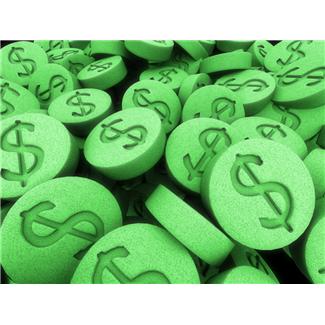
We all have to ask ourselves,
“If we could have a billion dollars from finding a daily pill that would regulate a disease but not cure it; or make $50,000 and find a cure; which would we choose?”
Although the following piece from consumerreports.org is from June, 2006, I wanted to quote it,
“What’s the difference between a nutritional supplement and a drug?
In some respects, not much. Both can have powerful pharmacological effects and cause problems if taken incorrectly. Some conventional medicines are actually derived from plants, and many supplements are sold as concentrates that are virtually indistinguishable from drugs.
“How drugs and supplements are viewed by the Food and Drug Administration (FDA) is another matter entirely. Under the Dietary Supplement Health and Education Act (DSHEA), the FDA essentially treats supplements as if they were foods. DSHEA defines nutritional supplements as products taken by mouth that contain an ingredient intended to supplement the diet.
“Those ingredients could include vitamins, minerals, or natural biological substances such as enzymes. They can come in a variety of forms, including extracts and concentrates, and as tablets, capsules, powders, or liquids.
“Drugs, on the other hand, are legally defined as substances intended to diagnose, treat, or prevent disease.”
PUBLISHER’S NOTE
Replacement of one nutrient, antioxidant or chemical is unlikely to correct the cascade of interconnected metabolic abnormalities associated with serious health problems. It can certainly have a big impact, though.
SAMENESS
 The scientists who spend time researching what will do what to whom care about the outcome of their work as it will benefit humanity whether they work on drugs or supplements.
The scientists who spend time researching what will do what to whom care about the outcome of their work as it will benefit humanity whether they work on drugs or supplements.
Supplement and pharmaceutical scientists both have the same passion as the other for their research.
They both love discovery.
DIFFERENCE
Supplement developers are interested in alternatives to pharmaceutical answers, for the most part. This could be to avoid the exorbitant costs of drugs or to avoid side effects and addiction or to see quick results.
Those who invent supplements tend to be more personally invested in the product since they do not usually work for giant pharmaceutical companies and, many times, thought of the concept themselves.
Supplement scientists are inventing something to be ingested like food to improve nutritional intake.
Pharmaceutical scientists invent substances or parts of molecules that will improve, and can we hope cure?, a particular disease.
Those in the pharmaceutical sphere are driven by the competitive world of which drug company will get to the finish line first to be able to recuperate the $1.5 Billion dollars of out-of-pocket cost per drug, on average, for the drugs that get approval, which is maybe 7% (very rough statistics due to lack of transparency from Scott Gavura of ScienceBasedMedicine.org). Usually the company that is first to market gets the brand recognition like Kleenex or Xerox or Aspirin, so the pressure of the corporate scene causes developers to lose their original goal of helping humanity.
THE BIG DIFFERENCE
 Usually, supplement inventors are in the field of medicine outside the allopathic medicine sphere, meaning they are not part of the set of doctors who treat patients only when a disease shows up. They are more part of the set of doctors or medical healers who look at preventing disease from happening in the first place. They have experience treating people on a more personal level, even possibly physically touching their bodies to heal them. Even without the physical aspect, the people who recommend supplements tend to think prevention first, pharmaceuticals afterwards.
Usually, supplement inventors are in the field of medicine outside the allopathic medicine sphere, meaning they are not part of the set of doctors who treat patients only when a disease shows up. They are more part of the set of doctors or medical healers who look at preventing disease from happening in the first place. They have experience treating people on a more personal level, even possibly physically touching their bodies to heal them. Even without the physical aspect, the people who recommend supplements tend to think prevention first, pharmaceuticals afterwards.
THE SMALL DIFFERENCE
The small difference is that supplements are not regulated by our government agency, the Food And Drug Administration. Pharmaceuticals are.
CROSS OVER POINT
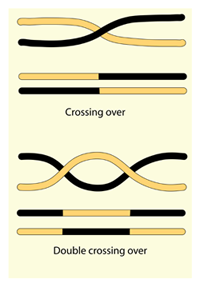 The interesting thing about this, and this is the cross-over point, is that, sometimes when the pharmaceutical industry sees a very lucrative supplement, they move to get it approved as a pharmaceutical so that they can market it.
The interesting thing about this, and this is the cross-over point, is that, sometimes when the pharmaceutical industry sees a very lucrative supplement, they move to get it approved as a pharmaceutical so that they can market it.
There are substances in the world made from roots, seeds, fruits, vegetables (including sea vegetables) pods, grains. They contain vitamins and minerals necessary for life. From these sources, we develop supplements. From much smaller pieces of these substances or other chemicals, we develop pharmaceuticals.
Dietary supplements (also called nutraceuticals) supplement the diet. Pharmaceuticals treat, alleviate or diagnose a particular disease.
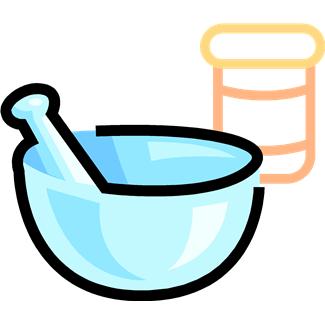 The cross-over point is obvious when we see some products sold as supplements in some countries but as drugs in others. Or consider that Belladonna, when my father was alive, was only available by prescription for gastrointestinal issues and the like. Now, it is available at the homeopathic store.
The cross-over point is obvious when we see some products sold as supplements in some countries but as drugs in others. Or consider that Belladonna, when my father was alive, was only available by prescription for gastrointestinal issues and the like. Now, it is available at the homeopathic store.
CONCLUSION
It is the daily dependence model that the pharmaceutical industry sets up that has people shouting about Big Pharma. The current Big Pharma model requires people to pay money for life for a health solution that could possibly be corrected with a one-time solution if all the Big Pharma research money looked for that one-time solution which would mean the
customer pays once, rather than that the customer pays daily.
Supplements can assist us in insuring proper nutrition. They can be immensely costly as well, but not to the tune of one dose of chemotherapy, a treatment for cancer, whose bill I have witnessed at $25,000.
The financial factor is crucial since lives are changed because of availability or not, with both supplements and pharmaceuticals.
Both supplements and pharmaceuticals can have a prohibitive price tag; how can we offset this? Should pharmaceutical companies be able to refuse people treatment? Should our government? And what about supplements? This is another discussion entirely.
__
SIDEBAR
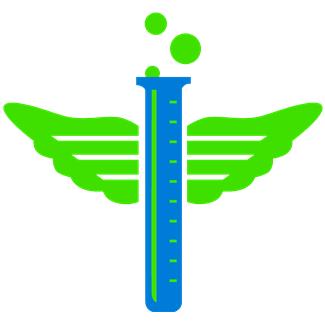 There is, at least, one drug company working on a cancer cure using the human immunodeficiency virus as a one-time cure. They will not be able to administer or sell the drug more than once, because the body cannot accept the treatment more than once. They are considering giving up their profit for the good will it will bring their company and so that they can be first to “cure” childhood cancer. Maybe they wish to show they are benevolent after losing a patent case in India (which the court said was “evergreening,” a technique of making a tiny change to an already patented drug so as to push the expiration date of that patent back for, you guessed it, cha-ching, longer profitability) which would have taken a different cancer drug and made it too expensive for most people who need it in developing countries. With the court ruling, generic companies can now reproduce the drug to help the poor.
There is, at least, one drug company working on a cancer cure using the human immunodeficiency virus as a one-time cure. They will not be able to administer or sell the drug more than once, because the body cannot accept the treatment more than once. They are considering giving up their profit for the good will it will bring their company and so that they can be first to “cure” childhood cancer. Maybe they wish to show they are benevolent after losing a patent case in India (which the court said was “evergreening,” a technique of making a tiny change to an already patented drug so as to push the expiration date of that patent back for, you guessed it, cha-ching, longer profitability) which would have taken a different cancer drug and made it too expensive for most people who need it in developing countries. With the court ruling, generic companies can now reproduce the drug to help the poor.
This drug company’s consideration of cure should be “the norm” and not the exception. And they may not go through with it.
__
ACTION STEP
1) Take a look at the supplements you take, if any. Decide whether these can easily be substituted for food. If yes, replace. If not, enjoy the supplements available to you. If you will not eat the food that you need, consider a supplement.
2) Take a look at the cost of your supplements in another country known for pharmaceuticals. Consider whether it would be less expensive to use that product, including shipping, than the one you use. Make sure to consider the purity and regulation of ingredients of the product you are considering. Consider what it would do to our economy should we all turn to another country for supplements. Consider what we can do to speak out about supplement and pharmaceutical pricing that would be helpful.
3) Add one nutritional food to your diet one time per week.
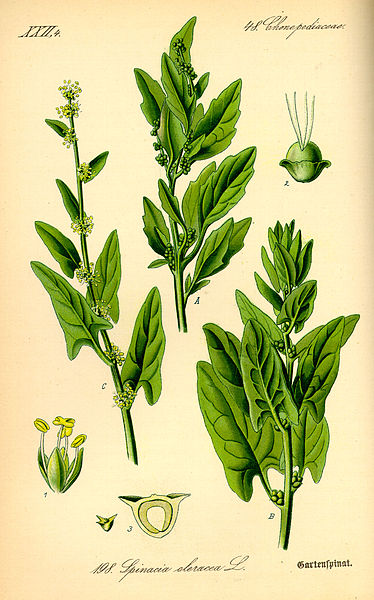
____________________________________________________________________
DON’T BE SHY! ~ Q & A
FREE PASS
Have a question about a habit, nutrition, plant-based nutrition, tai chi, music, parenting, life? Ask here and, if we don’t know the answer, we will ask our qualified panelists and professional colleagues to help get you your answer.
Click the image to ask your question.
____________________________________________________________________
FEEDBACK
Please leave a comment and LIKE.
DIANE GOLD, AUTHOR
Diane Gold, Founder of Warriors of Weight, Turning Habits Into Health, is a mentor in tai chi, kung fu and meditation, a music, fitness and stress expert, dedicated mom, studying plant-based nutrition.
Supplements and pharmaceuticals have interesting comparisons. She says,
“We all want to lead healthy lives. When we feel well, our lives have the best chance of being balanced. When we are feeling poorly, everything is a mess.
“With this in mind, it is extremely important for us to be aware of ourselves, what we need nutritionally, what we need in exercise, rest, relaxation and nurturing and how we choose to proceed when we are not well. Do we see a naturopath, an allopath, a Chinese Medicine doctor or do we not have the money for any of them? Or do we do tai chi for free?
“In order to stay well, it’s important to know how to prevent disease by fortifying ourselves with food: alkaline ones, fatty acids, phytonutrients, a good balance of vitamins and minerals, etc. Supplements may be part of prevention, but good food habits are number one. And then, if we need them, we are glad there are pharmaceuticals to use. And preventive measures often avoid them.
“Supplements and pharmaceuticals both have their place. I’m glad they both exist, although I want them both to be available so that all people, not just the well-off, can maximize their health. We can make that happen together.”

 The Supplement Game is big in 2013, to the tune of over $60 Billion in total. There’s a supplement for every ache in our body, every ache in our mind and every blemish that plants itself on our body’s largest and only external organ, the skin. We are groomed from an early age to take our vitamins. In case this concept hasn’t been explored, it is a part of consumerism that is made into a habit at a very young age: daily vitamins caps.
The Supplement Game is big in 2013, to the tune of over $60 Billion in total. There’s a supplement for every ache in our body, every ache in our mind and every blemish that plants itself on our body’s largest and only external organ, the skin. We are groomed from an early age to take our vitamins. In case this concept hasn’t been explored, it is a part of consumerism that is made into a habit at a very young age: daily vitamins caps.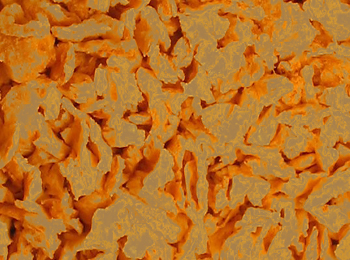 Plus, almost all the soy protein isolate, as it is usually listed in the ingredient section, is genetically modified, with many studies showing this process is detrimental to our health.
Plus, almost all the soy protein isolate, as it is usually listed in the ingredient section, is genetically modified, with many studies showing this process is detrimental to our health.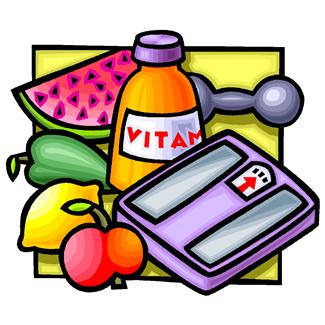 Let’s get back to how we get into the supplement game. We begin our journey being treated by doctors who do not have to take nutrition in school although some medical schools offer one class. We were schooled at places that offered us a choice between cardboard pizza, a processed cheese sandwich or an unidentified institutional meat with a few pieces of iceberg lettuce topped with two shreds of carrot and three shreds of red cabbage. Oh, yes, and milk, which has been proven to turn cancer on and off in rats (T. Colin Campbell’s The China Study).
Let’s get back to how we get into the supplement game. We begin our journey being treated by doctors who do not have to take nutrition in school although some medical schools offer one class. We were schooled at places that offered us a choice between cardboard pizza, a processed cheese sandwich or an unidentified institutional meat with a few pieces of iceberg lettuce topped with two shreds of carrot and three shreds of red cabbage. Oh, yes, and milk, which has been proven to turn cancer on and off in rats (T. Colin Campbell’s The China Study). Why not just eat a mushroom and get that potassium, copper, selenium, vitamin B and protein?
Why not just eat a mushroom and get that potassium, copper, selenium, vitamin B and protein?
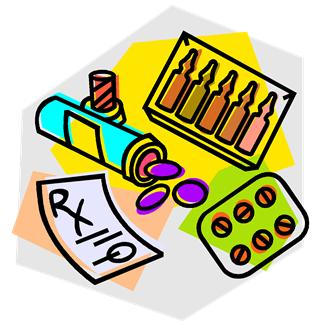 Through the medical model to fix what ails, doctors are schooled in drug therapy. This is super fantastic since drugs are miraculous helpers. But, there are preventive disciplines that have little to do with pharmaceuticals; they teach us how to live and thrive without drugs.
Through the medical model to fix what ails, doctors are schooled in drug therapy. This is super fantastic since drugs are miraculous helpers. But, there are preventive disciplines that have little to do with pharmaceuticals; they teach us how to live and thrive without drugs.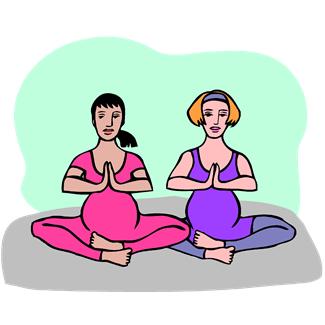
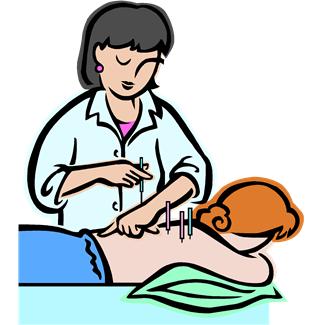
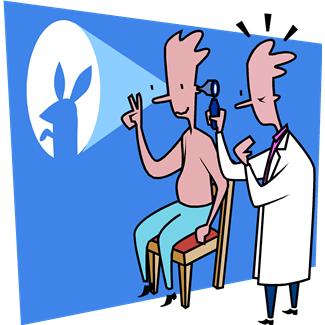 Of course, there are loads of habits we have developed over the years. They are so ingrained, sometimes we can’t identify which are based on learned facts, on nebulous supposition, on familial traditions.
Of course, there are loads of habits we have developed over the years. They are so ingrained, sometimes we can’t identify which are based on learned facts, on nebulous supposition, on familial traditions.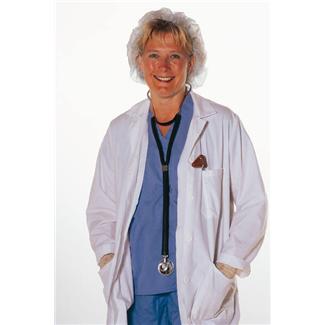 3)
3)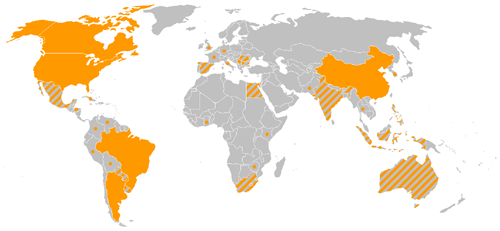 For years, we have been ingesting food that has been modified to yield bigger crop, faster growth, more eye-appealing shape, resist or repel certain insect infestation and more.
For years, we have been ingesting food that has been modified to yield bigger crop, faster growth, more eye-appealing shape, resist or repel certain insect infestation and more. Of course, governments are corporations. They deal with other corporations. When one corporation does a business deal with another, a purchase or transaction is made.
Of course, governments are corporations. They deal with other corporations. When one corporation does a business deal with another, a purchase or transaction is made.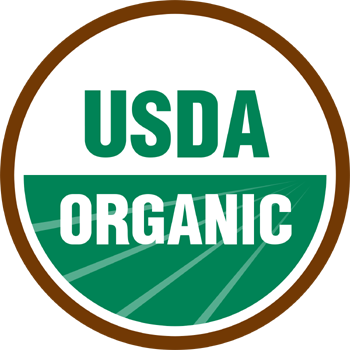 1.
1.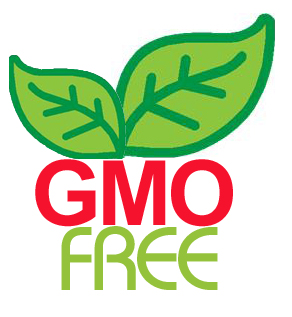
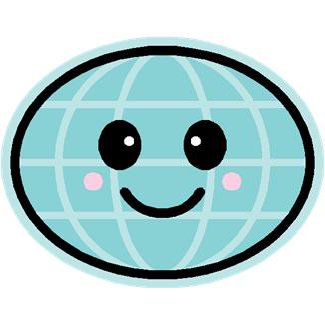 Old habits die hard. Now that our eyes are opening, and many of us are aware of the uncertainties of consuming GMOs, let’s work on changing our habit of consuming without asking. Let’s be diligent so that we can create healthier habits to pass on to our children and to theirs. The more of us who require non-GMO food, the less expensive it will be to certify it as “non-GMO” by label on a package or bushel of produce.
Old habits die hard. Now that our eyes are opening, and many of us are aware of the uncertainties of consuming GMOs, let’s work on changing our habit of consuming without asking. Let’s be diligent so that we can create healthier habits to pass on to our children and to theirs. The more of us who require non-GMO food, the less expensive it will be to certify it as “non-GMO” by label on a package or bushel of produce.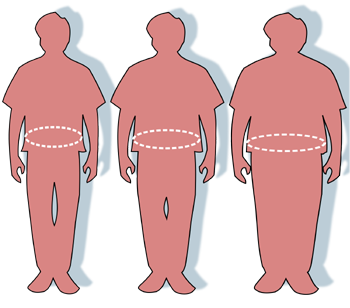 What we often think about when the word “habit” comes up are overindulgence in eating, drugs, drinking alcohol, gambling, etc. These habits are behaviors we have repeated so many times they now require a considerable effort to stop, different from what would happen should we find out that a good habit, tooth brushing, did harm to us.
What we often think about when the word “habit” comes up are overindulgence in eating, drugs, drinking alcohol, gambling, etc. These habits are behaviors we have repeated so many times they now require a considerable effort to stop, different from what would happen should we find out that a good habit, tooth brushing, did harm to us.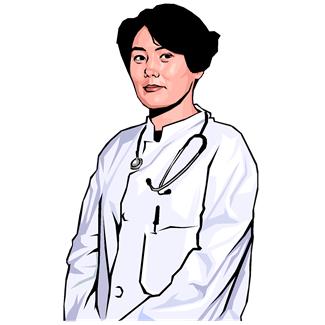 4) Going to our medical professional to get drugs is what we do when we are sick. Nutritional counseling is not part of going to the doctor. Why? In our current health care system, there is no reimbursement for our doctors’ talking about food. What’s even more disturbing is that some 40% of medical schools only require 1 small course in nutrition. We have been trained that this is right, and we trusted this model until our rate of disease continues to soar.
4) Going to our medical professional to get drugs is what we do when we are sick. Nutritional counseling is not part of going to the doctor. Why? In our current health care system, there is no reimbursement for our doctors’ talking about food. What’s even more disturbing is that some 40% of medical schools only require 1 small course in nutrition. We have been trained that this is right, and we trusted this model until our rate of disease continues to soar.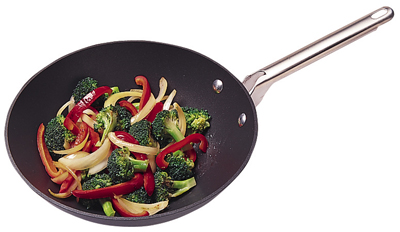 Unfortunately, we have lived our lives learning these habits. We have built habits around the idea of eating meat/poultry/fish/eggs/dairy for nutrition. The fact that there are a plethora of studies showing that these foods cause cardiovascular and chronic diseases means we will have to consider changing our habits and changing our knowledge to maintain health and, possibly, reverse sickness.
Unfortunately, we have lived our lives learning these habits. We have built habits around the idea of eating meat/poultry/fish/eggs/dairy for nutrition. The fact that there are a plethora of studies showing that these foods cause cardiovascular and chronic diseases means we will have to consider changing our habits and changing our knowledge to maintain health and, possibly, reverse sickness.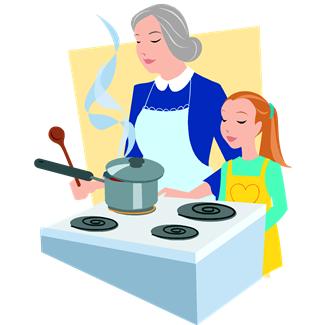 The sad thing is, for the most part, we are not aware, especially in the poorer communities, that the nutritionally calculated value of drive up food is reduced to almost nil because of the negative health side-effects from eating it. The other equally devastating issue is that those of us who know that fast food is bad don’t know what to eat as an alternative for the same shoestring budget expense. Fortunately, children are learning plant-based alternatives and ways to budget for healthy food through their elementary schools. And they are bringing this information home. Go early ed teachers!
The sad thing is, for the most part, we are not aware, especially in the poorer communities, that the nutritionally calculated value of drive up food is reduced to almost nil because of the negative health side-effects from eating it. The other equally devastating issue is that those of us who know that fast food is bad don’t know what to eat as an alternative for the same shoestring budget expense. Fortunately, children are learning plant-based alternatives and ways to budget for healthy food through their elementary schools. And they are bringing this information home. Go early ed teachers! If the habits we have collected regarding medicine, treatment, food, lifestyle choices have been based on misinformation, it’s time to take a look at the foundation on which they were built. This is going to mean changing some habits. It’s also going to involve re-educating ourselves as to which medical professionals know what. Of course, it’s difficult to change doctors. But, if the ones we have are not integrating the necessary health habits into the mix, it might be time. At least, we need to do our own research about some of the things in this article.
If the habits we have collected regarding medicine, treatment, food, lifestyle choices have been based on misinformation, it’s time to take a look at the foundation on which they were built. This is going to mean changing some habits. It’s also going to involve re-educating ourselves as to which medical professionals know what. Of course, it’s difficult to change doctors. But, if the ones we have are not integrating the necessary health habits into the mix, it might be time. At least, we need to do our own research about some of the things in this article.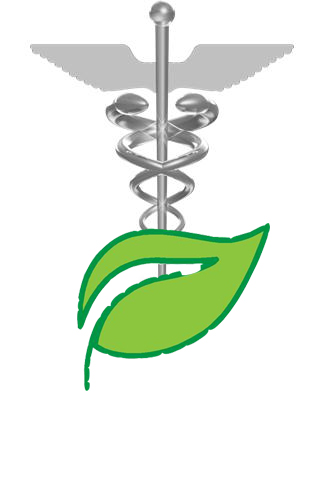

 Farmer Jay also mentioned that, for every calorie of food grown in the United States, we expend 7 calories of fossil fuel.
Farmer Jay also mentioned that, for every calorie of food grown in the United States, we expend 7 calories of fossil fuel.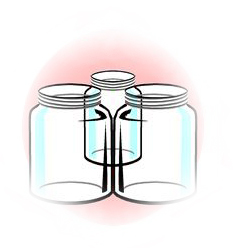
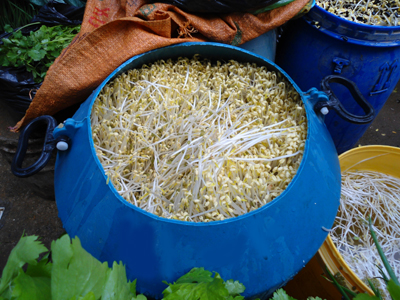
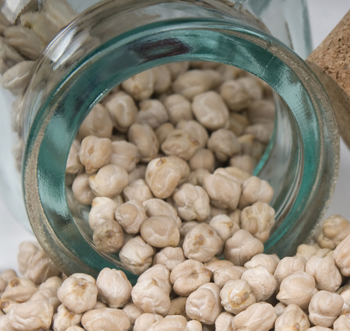
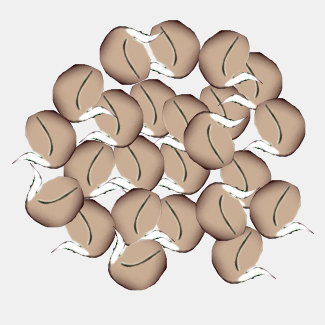
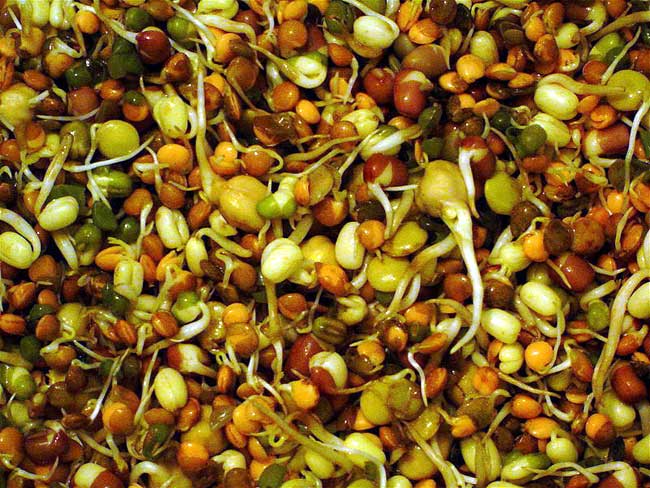 5) TASTE.
5) TASTE.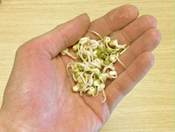
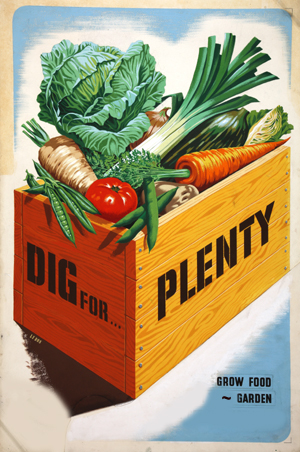
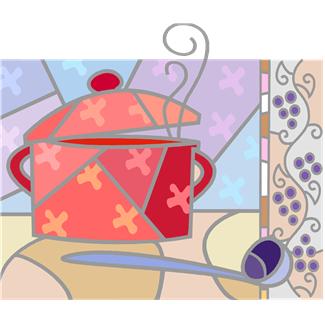 In The New England Journal of Medicine last week, a prominent researcher noted that much of the conventional wisdom about weight loss has little basis in science. But his article did not address one oft-asked question: Is your waistline affected by when you eat, or is a calorie always just a calorie whenever you eat it?
In The New England Journal of Medicine last week, a prominent researcher noted that much of the conventional wisdom about weight loss has little basis in science. But his article did not address one oft-asked question: Is your waistline affected by when you eat, or is a calorie always just a calorie whenever you eat it?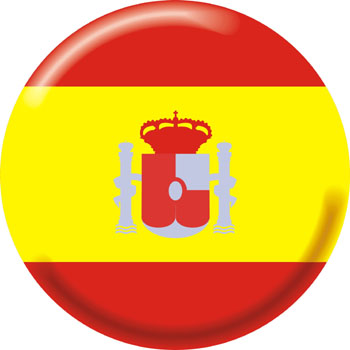 In a new study, published in The International Journal of Obesity, researchers at Harvard and elsewhere followed 420 overweight men and women in Spain in a 20-week weight loss program.
In a new study, published in The International Journal of Obesity, researchers at Harvard and elsewhere followed 420 overweight men and women in Spain in a 20-week weight loss program.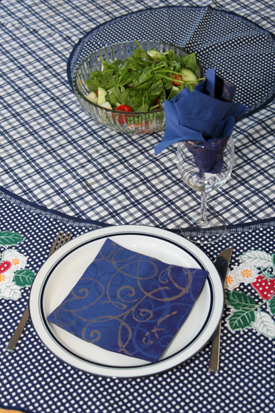 But there was a critical difference in the timing of their main meal of the day, which in this case, because of the Mediterranean setting, was lunch. In both groups, the meal comprised about 40 percent of their daily calories. But one group consistently ate it before 3 p.m. daily, while the other did so after 3 p.m.
But there was a critical difference in the timing of their main meal of the day, which in this case, because of the Mediterranean setting, was lunch. In both groups, the meal comprised about 40 percent of their daily calories. But one group consistently ate it before 3 p.m. daily, while the other did so after 3 p.m. There were many times I experienced what it feels like to wake up the morning after drinking alcohol. In contrast and most of the time, I have experienced waking up feeling crystal clear, powerful, joyful and healthy. Once I decided to rid myself of drinking alcohol at all, I woke up lucid every morning. This got me to thinking.
There were many times I experienced what it feels like to wake up the morning after drinking alcohol. In contrast and most of the time, I have experienced waking up feeling crystal clear, powerful, joyful and healthy. Once I decided to rid myself of drinking alcohol at all, I woke up lucid every morning. This got me to thinking.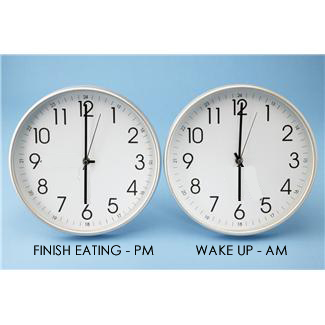 But how alert would I be, I asked myself, if I could increase the period of time between my last meal and drink (except for hydrating water or green tea because the quercetin in it is a great anti-viral, anti-inflammatory, anti-cancer enzyme)?
But how alert would I be, I asked myself, if I could increase the period of time between my last meal and drink (except for hydrating water or green tea because the quercetin in it is a great anti-viral, anti-inflammatory, anti-cancer enzyme)?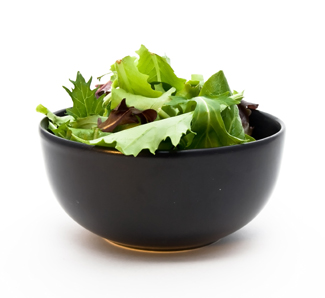 Figure out a way to finish eating before 6 p.m. If you want to or have to socialize after that time (this will inevitably end up in eating), plan ahead that you will only eat raw greens in a salad with a little olive oil and lemon juice or a plate of steamed leafy greens with a drop of olive oil and lemon juice.
Figure out a way to finish eating before 6 p.m. If you want to or have to socialize after that time (this will inevitably end up in eating), plan ahead that you will only eat raw greens in a salad with a little olive oil and lemon juice or a plate of steamed leafy greens with a drop of olive oil and lemon juice.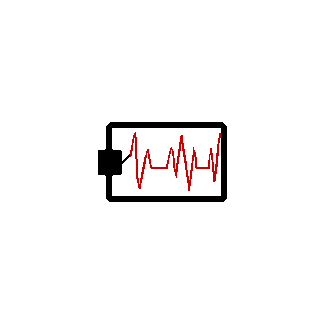 3)
3)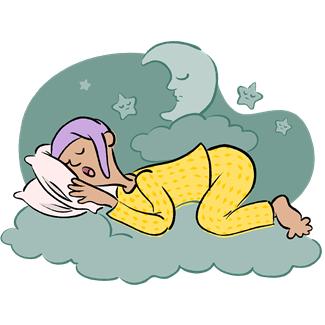
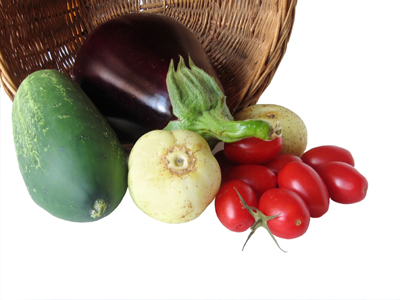 The protein myth has to do with combining proteins so as to consume all essential amino acids (the 9 that the body does not produce), the building blocks of protein, in 1 sitting. This concept was promoted in the 70s but was repudiated 10 years later as false and misleading.
The protein myth has to do with combining proteins so as to consume all essential amino acids (the 9 that the body does not produce), the building blocks of protein, in 1 sitting. This concept was promoted in the 70s but was repudiated 10 years later as false and misleading.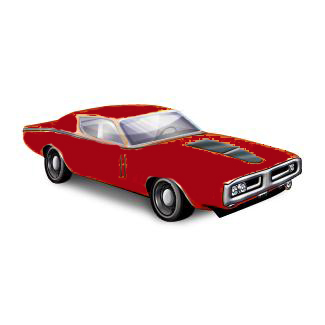 Funny how habits stick with us so naturally. Think about before you knew how to ride a bike. Hard to recall because once we know, the steps to riding are ingrained in our head. For those of us who ride, there was a time when we didn’t. Now, it is second nature and never forgotten once learned. Take driving a car. The reflexes and reactions we use to accomplish safe driving are habits ingrained in that come back quickly if we put them down.
Funny how habits stick with us so naturally. Think about before you knew how to ride a bike. Hard to recall because once we know, the steps to riding are ingrained in our head. For those of us who ride, there was a time when we didn’t. Now, it is second nature and never forgotten once learned. Take driving a car. The reflexes and reactions we use to accomplish safe driving are habits ingrained in that come back quickly if we put them down.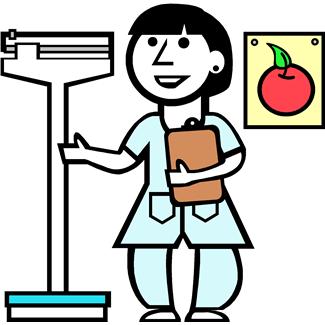 There are nebulous references all over current nutritional literature that talk about complete and incomplete protein. This is, in part, because many dieticians and nutritionists learn from books that still promote this combining idea or the superiority of a meat diet over a plant-based diet.
There are nebulous references all over current nutritional literature that talk about complete and incomplete protein. This is, in part, because many dieticians and nutritionists learn from books that still promote this combining idea or the superiority of a meat diet over a plant-based diet.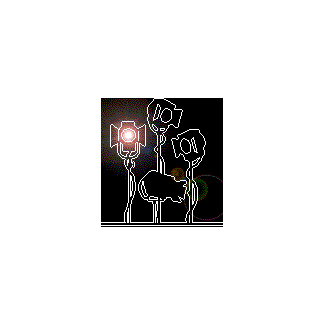 “Is it true that complementary proteins must be eaten together to count as a complete protein source?
“Is it true that complementary proteins must be eaten together to count as a complete protein source?
 The industries that have the most advertising capital, meat and dairy, are the ones whose ads we see and hear. When was the last time we saw a billboard up saying how nutritionally sound spirulina was? Or kale juice from actual real, raw, unsprayed leaves?
The industries that have the most advertising capital, meat and dairy, are the ones whose ads we see and hear. When was the last time we saw a billboard up saying how nutritionally sound spirulina was? Or kale juice from actual real, raw, unsprayed leaves?
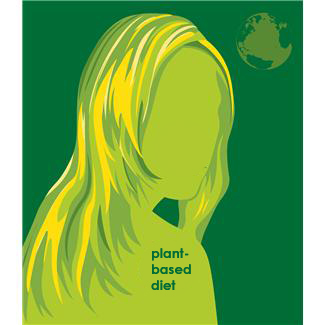 2)
2) 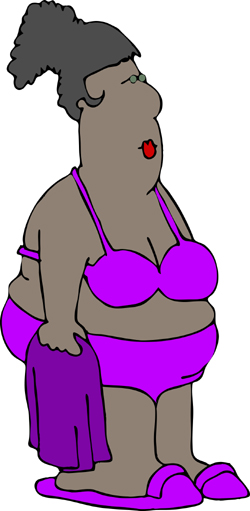 Habits, as we know if we think about them, are patterns of behavior reinforced through repetition until they are almost involuntary action. Here’s a short list of these responses: eating oily, salty or sugary snacks to satisfy a food craving; verbally reacting to a child because that’s how we were raised; using mind/body-altering substances (prescribed or not) because we are tired, bored, nervous or emotional; shutting down our emotions because it’s safer than experiencing pain; acting out anger when someone challenges us; eating processed, unhealthy foods to escape; meditating before breakfast; brushing our teeth; taking our shoes off before we enter a residence; swimming after work; praying
Habits, as we know if we think about them, are patterns of behavior reinforced through repetition until they are almost involuntary action. Here’s a short list of these responses: eating oily, salty or sugary snacks to satisfy a food craving; verbally reacting to a child because that’s how we were raised; using mind/body-altering substances (prescribed or not) because we are tired, bored, nervous or emotional; shutting down our emotions because it’s safer than experiencing pain; acting out anger when someone challenges us; eating processed, unhealthy foods to escape; meditating before breakfast; brushing our teeth; taking our shoes off before we enter a residence; swimming after work; praying Because we are all so universally tied to habits and we all have them, WarriorsOfWeight.com now honors moms, daughters, fathers, sons, teen girls, teen boys, grandparents in focusing on and educating about Turning Habits Into Health and discussing all the astounding techniques to help each one of us along the way.
Because we are all so universally tied to habits and we all have them, WarriorsOfWeight.com now honors moms, daughters, fathers, sons, teen girls, teen boys, grandparents in focusing on and educating about Turning Habits Into Health and discussing all the astounding techniques to help each one of us along the way. Whether we speak about personal development techniques like tai chi, free dance techniques, music and its effects on balance, involvement in social change to get us personally where we want to be or the science of proper nutrition to maximize our bodies;
Whether we speak about personal development techniques like tai chi, free dance techniques, music and its effects on balance, involvement in social change to get us personally where we want to be or the science of proper nutrition to maximize our bodies;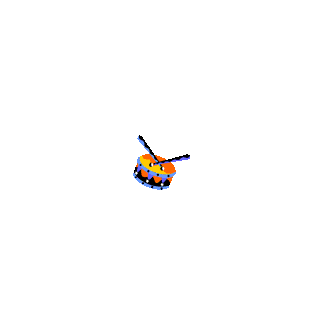 Turning
Turning 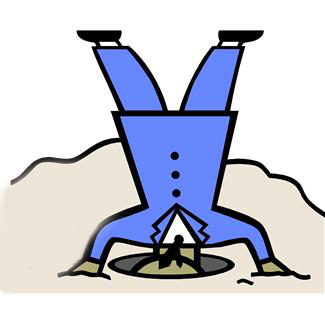 So what are the ways to make this miraculous change in habit? Do we have to turn ourselves inside out?
So what are the ways to make this miraculous change in habit? Do we have to turn ourselves inside out?



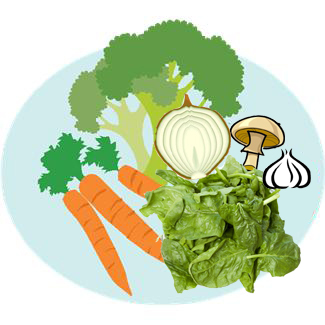 1)
1)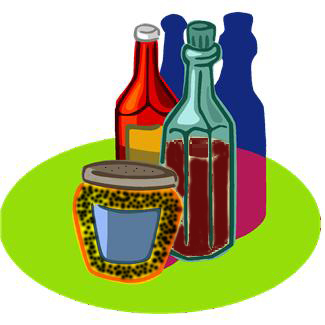 6)
6)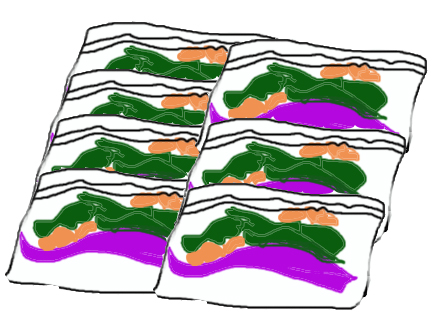 9)
9)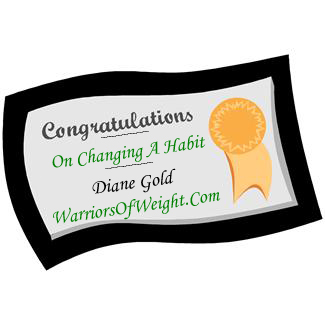
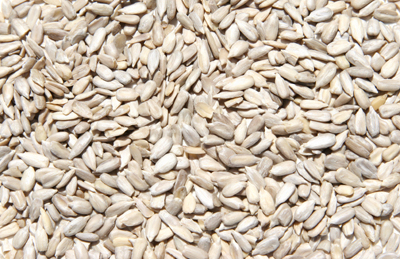 “…whether organic foods carry a lower risk of cancer because they are less likely to be contaminated by compounds that might cause cancer is largely unknown,” but “vegetables, fruits, and whole grains should form the central part of a person’s diet, regardless of whether they are grown conventionally or organically.”
“…whether organic foods carry a lower risk of cancer because they are less likely to be contaminated by compounds that might cause cancer is largely unknown,” but “vegetables, fruits, and whole grains should form the central part of a person’s diet, regardless of whether they are grown conventionally or organically.” ORGANIC, NATURAL OR
ORGANIC, NATURAL OR 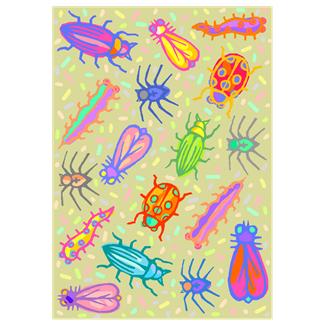 It’s difficult to farm produce without encountering nature’s little bugs that want to eat. In order that these natural organisms don’t eat all the produce, some form of protection in the form of a pesticide, either non-synthetic in organic food or synthetic in non-organic food, must be used.
It’s difficult to farm produce without encountering nature’s little bugs that want to eat. In order that these natural organisms don’t eat all the produce, some form of protection in the form of a pesticide, either non-synthetic in organic food or synthetic in non-organic food, must be used. The best way to get our food is to grow our own. Not practical for most of us, and this leaves us with having to dispose of the solids from our juicing. I have happily just connected with a local organic farmer who is willing to take my food waste since I am not a composter. WHOO-HOO! This succeeds in satisfying the responsibility we all have to diminish valuable waste. I am by no means taking a large step toward helping the planet in this regard, but I have taken 1 step.
The best way to get our food is to grow our own. Not practical for most of us, and this leaves us with having to dispose of the solids from our juicing. I have happily just connected with a local organic farmer who is willing to take my food waste since I am not a composter. WHOO-HOO! This succeeds in satisfying the responsibility we all have to diminish valuable waste. I am by no means taking a large step toward helping the planet in this regard, but I have taken 1 step.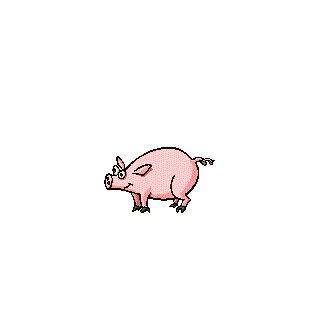 People often misunderstand the word “natural.” Anything that is processed minimally and does not contain a substance that does not occur organically (this is the scientific reference to organic meaning the way it grew) in the food is natural. That means pig’s feet are natural, fish broth is natural, apple sauce that does not have other ingredients that must be identified is natural.
People often misunderstand the word “natural.” Anything that is processed minimally and does not contain a substance that does not occur organically (this is the scientific reference to organic meaning the way it grew) in the food is natural. That means pig’s feet are natural, fish broth is natural, apple sauce that does not have other ingredients that must be identified is natural.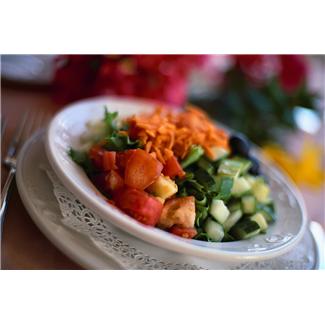 A much misunderstood word, vegan refers to a type of eating that does not include using animal products. That means no honey, no eggs, no dairy, no milk ingredients, anywhere, including in cake or bread or broth, no fish, no poultry, no meat. It does not mean organic. And, as we have mentioned, the word natural is non-specific.
A much misunderstood word, vegan refers to a type of eating that does not include using animal products. That means no honey, no eggs, no dairy, no milk ingredients, anywhere, including in cake or bread or broth, no fish, no poultry, no meat. It does not mean organic. And, as we have mentioned, the word natural is non-specific.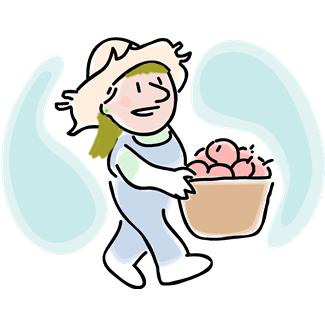 1) Whole Foods, for 1, talks about all the organic fruits and veggies they supply. Their produce changes from day to day, based upon availability and growing season, and it’s easy to confuse the physical locations of organic and non-organic food (termed “conventional food” so that the negative connotation from the word “non” is avoided). Their juice bar, as of the writing of this article, does not label whether their juice is or is not organic, so that the less informed customers will assume the juice is organic.
1) Whole Foods, for 1, talks about all the organic fruits and veggies they supply. Their produce changes from day to day, based upon availability and growing season, and it’s easy to confuse the physical locations of organic and non-organic food (termed “conventional food” so that the negative connotation from the word “non” is avoided). Their juice bar, as of the writing of this article, does not label whether their juice is or is not organic, so that the less informed customers will assume the juice is organic.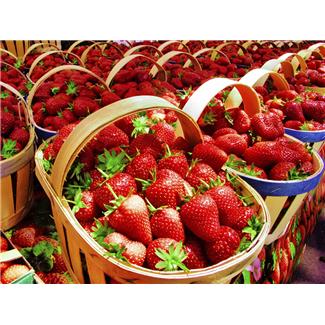 3) We don’t know how fresh the ingredients are that are being used in store-bought juice. Did you know that fruits and veggies only retain their nutrients for a set amount of days? And when some stores, usually supermarkets, get their produce truck; the produce is usually many days or even weeks old?
3) We don’t know how fresh the ingredients are that are being used in store-bought juice. Did you know that fruits and veggies only retain their nutrients for a set amount of days? And when some stores, usually supermarkets, get their produce truck; the produce is usually many days or even weeks old?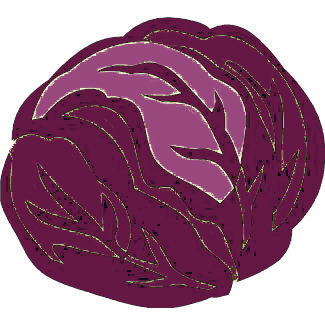 4) Finally, having someone serve us means no work for us, and yes pampering for us. Both great. Unless we think of juicing as a fun, joyous activity, which it can be. I just juiced some red cabbage. The color that came out of the juicer made me massively happy instantly. The color seemed so alive that it was much worth any “work” I had to do.
4) Finally, having someone serve us means no work for us, and yes pampering for us. Both great. Unless we think of juicing as a fun, joyous activity, which it can be. I just juiced some red cabbage. The color that came out of the juicer made me massively happy instantly. The color seemed so alive that it was much worth any “work” I had to do.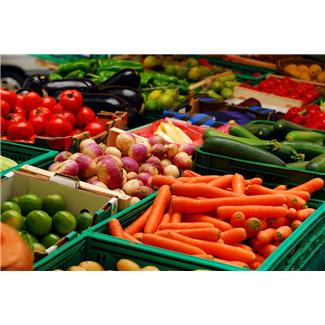 1) We know whether we have purchased organic produce because we inquire when we buy, and we use grocers we can trust. Hopefully, the suppliers of these grocers we trust follow organic protocol in their farming.
1) We know whether we have purchased organic produce because we inquire when we buy, and we use grocers we can trust. Hopefully, the suppliers of these grocers we trust follow organic protocol in their farming. 5) We can socialize with our family or relax in our own environment as we drink.
5) We can socialize with our family or relax in our own environment as we drink.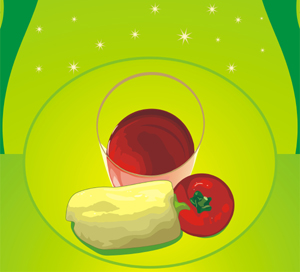 2)
2)





